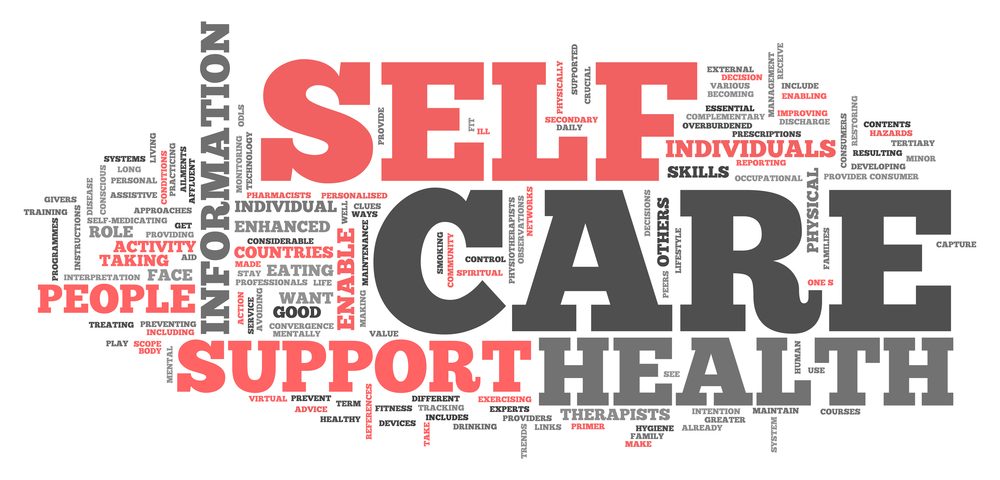My Finicky Hygiene Habits Help to Reduce Infection Risk
Written by |

Clean freak, germaphobe, OCD, finicky — these are some of the terms that people have used to describe me from a very young age. I can see why, and I think that anyone who spent a significant part of their childhood in the hospital will understand, too.
I picked up many habits from my fellow patients and health professionals, and some of these tendencies have followed me into adulthood. I wouldn’t change them because I believe that they play a significant part in keeping me as healthy as I can be.
People with sickle cell anemia have significantly weakened immune systems, and common illnesses such as the flu can have severe adverse effects on our health.
Rather than rely on our body’s natural defenses to protect us, we should take responsibility to reduce our risk of getting infections. These practices apply to those who have sickle cell and those who don’t.
Practice personal hygiene
One way to reduce the chances of infection is by practicing good personal hygiene. I like to think of it as the first level of defense.
I’m incredibly conscientious of my personal hygiene — perhaps to the point that my actions might be perceived as excessive.
I memorized this routine of washing my hands a few years ago: palms, backs of the hands, under fingernails, and between fingers. It is what I do every time. I’m sure that when I’m finished, my hands are clean enough to perform surgery.
Following are my tips to improve personal hygiene:
- Brush your teeth twice a day
- Floss as part of your dental hygiene routine
- Bathe or shower daily
- Wash hair regularly
- Keep nails short and clean
- Carry hand sanitizer when you’re out in public places
Take a daily dose of penicillin as prescribed by your doctor
Medical specialists recommend that patients with sickle cell, especially children, take a daily dose of penicillin. This antibiotic is used to prevent infection caused by pneumococcal bacteria. It is an essential part of treatment for those with sickle cell, as the spleen is unable to fulfill its function of removing bacteria or viruses from the blood.
Be sure to check with your doctors before taking any medications, and follow any dosing instructions they may specify.
Meet your nutritional needs
Adequate nutrition is essential when managing this disease. Ensure that your diet includes a range of foods that provide you with an array of vitamins and antioxidants that can support the function of your immune system.
But eating healthily and ensuring that you get all the nutrients you need is easier said than done. You may consider taking supplements to complement your diet. I currently take vitamin C, vitamin D, and zinc tablets.
Please note that every patient is different and what works for one person with sickle cell may not be beneficial for another. Consult your doctor before taking any medications, supplements, or treatments.
***
Note: Sickle Cell Anemia News is strictly a news and information website about the disease. It does not provide medical advice, diagnosis, or treatment. This content is not intended to be a substitute for professional medical advice, diagnosis, or treatment. Always seek the advice of your physician or other qualified health provider with any questions you may have regarding a medical condition. Never disregard professional medical advice or delay in seeking it because of something you have read on this website. The opinions expressed in this column are not those of Sickle Cell Anemia News or its parent company, Bionews Services, and are intended to spark discussion about issues pertaining to sickle cell anemia.






Ola
Penicillin, its the one drug i cant seem to take regularly and was advised better to not take it than to take so irregularly. What is your opinion on hydroxycarbamide?